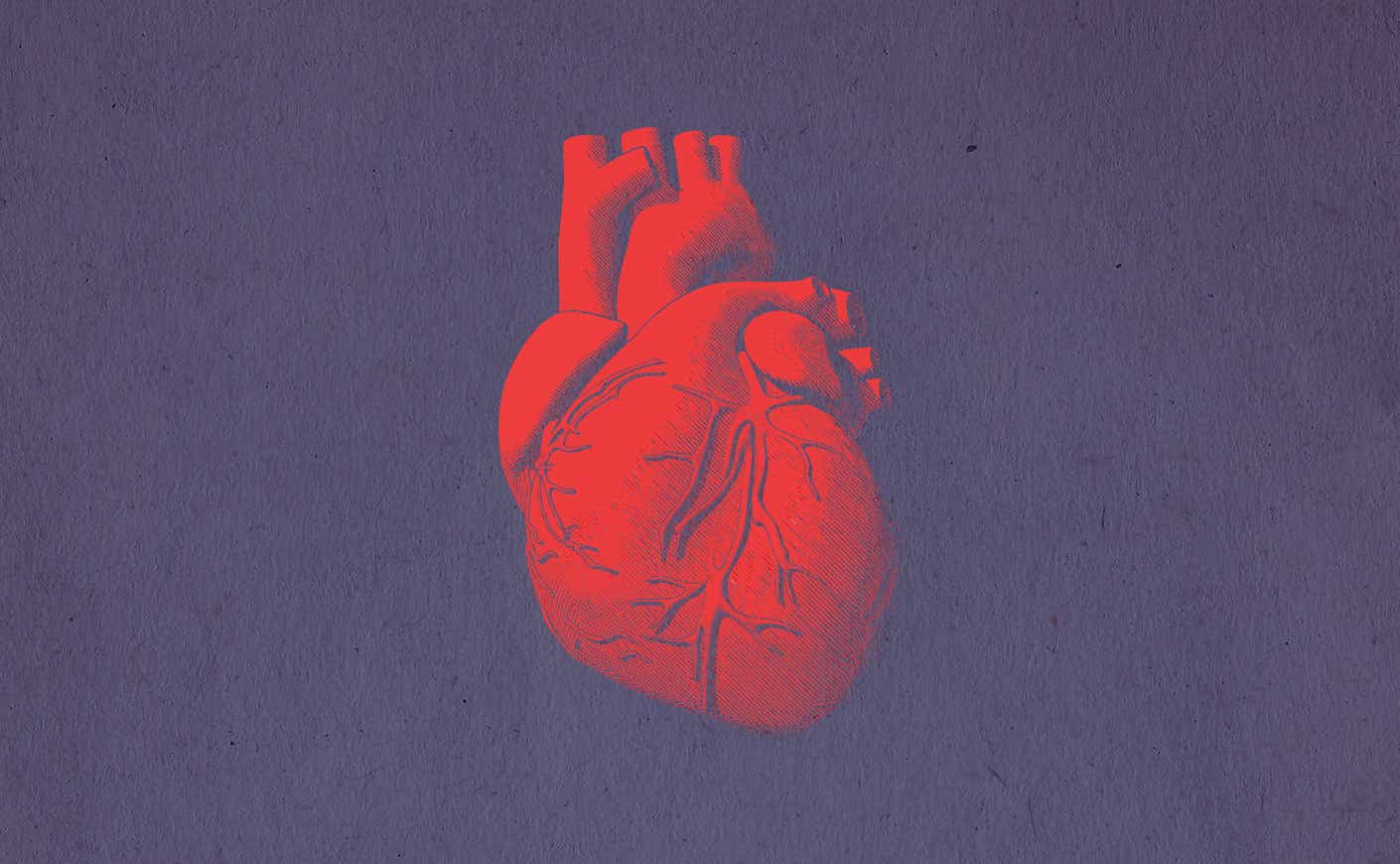We’ve all seen or experienced first-hand how severely heartbreak can impact a person, but the idea of it causing death feels far-fetched. Unfortunately, it’s not.
Broken heart syndrome — also known as stress-induced cardiomyopathy or Takotsubo cardiomyopathy — is a temporary heart condition that’s often triggered by stressful situations and extreme emotions, like the death of a loved one. It was most recently speculated about in the death of Joe Garcia, who died just two days after his wife, Irma, was killed in the tragic elementary school shooting in Uvalde, TX.
“I truly believe Joe died of a broken heart, and losing the love of his life of more than 25 years was too much to bear,” wrote Debra Austin, a cousin of Irma, on a GoFundMe page that was created for their four surviving children.
The condition is becoming more prevalent due in part to it being better detected by medical experts. According to a 2021 study published in the Journal of the American Heart Association, 135,463 Americans were affected by broken heart syndrome from 2006 to 2017. While postmenopausal women over the age of 50 saw the biggest increases, doctors say that say the ongoing stressful events, like the Covid-19 pandemic, can make anyone susceptible.
“There is a connection to the day-to-day stress of our society,” says Shashank Desai, M.D., who specializes in advanced heart failure and transplant cardiology at Inova Health System. “I don’t think that you can discount that, and if you are in a stressful environment, emotionally or physically, I think that you are at risk.”
To help better understand this little-known condition, we turned to cardiologists Dr. Desai and C. Noel Bairey Merz, M.D., a director of the Barbra Streisand Women’s Heart Center at Cedars-Sinai Medical Center.
What’s broken heart syndrome?
In broken heart syndrome cases, the heart’s main pumping chamber temporarily enlarges and pumps poorly even though the rest of the organ might function properly, according to the American Heart Association.
As a result, you might experience symptoms that mimic a heart attack, such as chest pain and shortness of breath. But, unlike a traditional heart attack, Dr. Desai tells us that there aren’t typically blockages in the arteries of the heart.
As far as who is most at risk, it’s more common in women ages 50 to 74, but both cardiologists say the condition can lead to a higher risk of death in men. In addition to factors like age and sex, the MayoClinic says people who have anxiety or depression may have a higher risk of broken heart syndrome.
The good news it’s usually treatable and Dr. Bairey Merz says most people who experience it can make a full recovery within a few days or weeks (by comparison, the recovery time for heart attacks is usually a month or more). That said, the relatively rare condition can still be life-threatening if patients have congestive heart failure, low blood pressure, shock, or heart rhythm abnormalities, according to John Hopkins Medicine.
What are the most common causes?
Broken heart syndrome is a relatively newly discovered condition (it was first detected by Japanese researchers in 1990). That means doctors are still trying to understand what causes it, but both experts say it has to do with a flood of stress hormones that temporarily disrupt pumping in part of the heart.
So what causes this surge of hormones to begin with? Dr. Bairey Merz estimates that about four out of five cases are brought on by severe emotional stress. But this doesn’t necessarily mean it has to be due to something distressing like a breakup or divorce: It could happen in reaction to intense joy like finally tying the knot or winning the lottery.
The condition could also be triggered by a physical condition, like a serious illness like Covid-19. “Covid itself was particularly severe in the beginning when we didn’t have vaccines,” explains Dr. Merz. “Many people were in intensive care units and that could trigger more Takotsubo because stress could be triggered by severe illness.”
Dr. Desai adds that he has even seen it after a major car accident or gunshot wound because of an “outpouring of adrenaline.”
How is broken heart syndrome treated?
For now, there’s no cure for this condition. While more evidence is needed to treat it both in the short and long term, doctors often recommend medications that block stress hormones like beta-blockers, and Dr. Bairey Merz adds that there’s even some evidence that cholesterol pills may offer some protection.
Others who experience chronic stress or struggle with their mental health may need to take extra steps in managing their emotional stress to help protect their heart health.
“We often forget that emotion does get translated to physical stress,” says Dr. Desai. “Adrenaline is the cause of broken heart syndrome, so if you withdraw the adrenaline, you have to withdraw the stress that causes it.”
But doctors are working in real-time to get more answers. Dr. Bairey Merz is in the process of trying to get funding from the National Institutes of Health to study why broken heart syndrome has become so prevalent among women, a group she says has long been understudied.
“It’s not OK to ignore diseases that primarily impact women,” she says.









